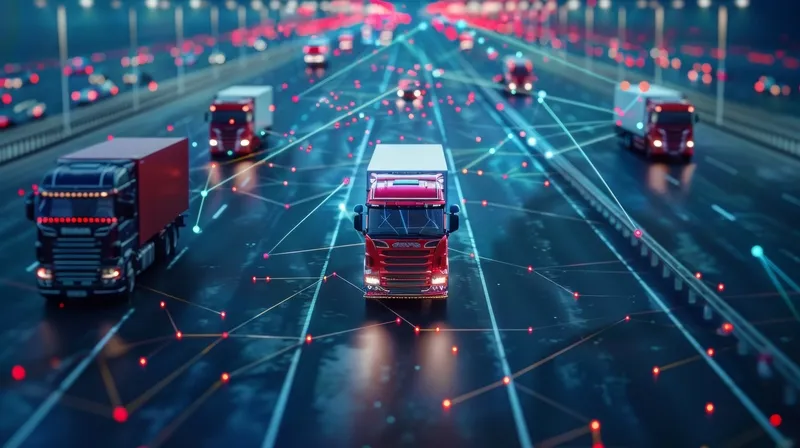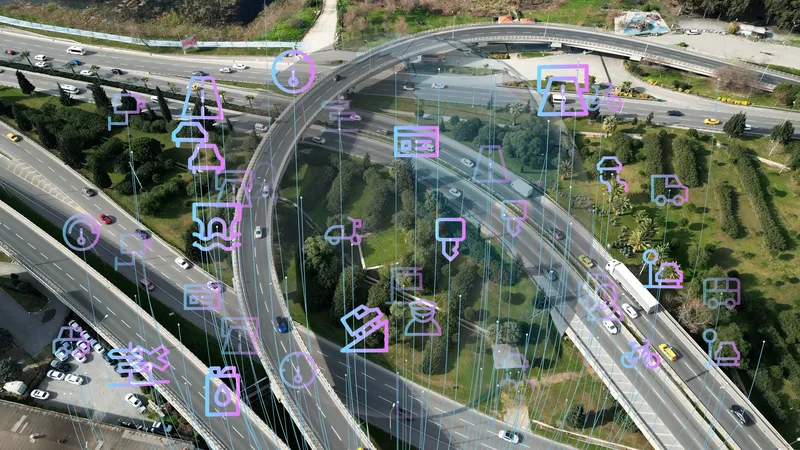
Flow Labs has partnered with Geotab Intelligent Transportation Systems, a Geotab business unit providing governments and organisations with real-world insights to improve their transportation networks.
The collaboration will build upon Flow Labs’ existing data sources to offer new performance metrics and eventually platform features for freight and commercial vehicle insights.
“We believe that supplementing our contextual and reliable fleet and freight data into the Flow Labs platform will provide a solution-rich offering to help address traffic safety, sustainability and performance,” said Nate Veeh, associate vice president of Geotab ITS.
From ride-share vehicles to delivery vans, freight trucks to transit buses, Geotab ITS works with anonymised and aggregated data from over 50,000 commercial fleet customers and 3,000 government agencies. It captures, measures and analyses their connected vehicle data.
Globally, Geotab ITS leverages data from more than 4.3 million commercial fleet vehicles, generating over 75 billion data points daily. In North America alone, Geotab’s connected vehicles provide connected vehicle data coverage for around 99.9% of primary roadways across the continent.
“Geotab ITS data streams offer the most comprehensive view of commercial and fleet vehicle activity across the US,” said Jatish Patel, chief executive and founder of Flow Labs.
“By integrating these data sets into our AI platform, we’re delivering unrivalled traffic insights that not only enhance safety and reduce congestion, but provide both economic and environmental benefits for agencies.”
Flow Labs’ digital twin platform uses AI to enrich and integrate multiple data streams including signal data, detection data and connected vehicle data from a range of partners, into a comprehensive traffic management platform. It then optimises traffic flow, traffic safety and environmental emissions while enhancing overall regional mobility.
With Geotab’s data, the Flow Labs platform can now provide traffic managers and modellers with a historical breakdown of roadway use by vehicle type, class, vocation and industry.
This gives engineers the ability to analyse and understand interactions between freight and passenger vehicles, offering valuable insights for optimising traffic management strategies and improving operational efficiency. “With these new data sets, agencies now have the ability to increase the efficiency of freight routes and assess the impact of freight traffic on road capacity, improving overall traffic management,” said Patel.
For agencies focused on Vision Zero goals, this partnership also expands Flow Labs’ unsafe behavioural insights including harsh events – hard braking, acceleration and cornering – and provides a comprehensive view of how freight interacts with all road users, including pedestrians and cyclists.
“It paves the way for new and innovative strategies to manage congestion and keep traffic flowing smoothly,” said Patel.









